 Welcome
Welcome
“May all be happy, may all be healed, may all be at peace and may no one ever suffer."
Zollinger-Ellison syndrome

Zollinger-Ellison syndrome (ZES) is a rare condition that is caused by the overproduction of gastrin, a hormone that stimulates the production of acid in the stomach. This excess acid production can lead to the development of ulcers in the stomach and small intestine, as well as other gastrointestinal symptoms.
The most common symptoms of Zollinger-Ellison syndrome include abdominal pain, diarrhea, nausea, vomiting, and weight loss. In some cases, people with ZES may also experience acid reflux, heartburn, and bloating. If left untreated, ZES can cause serious complications such as bleeding, perforation, and obstruction of the digestive tract.
Zollinger-Ellison syndrome is typically caused by a noncancerous tumor called a gastrinoma, which is usually located in the pancreas or duodenum. In some cases, these tumors may be cancerous. The diagnosis of ZES typically involves a series of tests to measure the level of gastrin in the blood, as well as imaging studies such as CT scans, MRI, or endoscopy to identify the presence of tumors.
Treatment for Zollinger-Ellison syndrome typically involves medications to reduce acid production, such as proton pump inhibitors (PPIs) or H2 blockers, as well as surgical removal of the tumor if present. In some cases, chemotherapy or radiation therapy may also be used to treat the underlying tumor.
People with Zollinger-Ellison syndrome require ongoing monitoring and treatment to manage their symptoms and prevent complications. With appropriate treatment, most people with ZES are able to live relatively normal lives.
Research Papers
Disease Signs and Symptoms
- Abdomen pain
- Diarrhea
- Upper abdomen pain
- Heartburn
- Nausea or vomiting
- Weight loss
Disease Causes
Zollinger-Ellison syndrome
The exact cause of Zollinger-Ellison syndrome remains unknown. But the sequence of events that occurs in Zollinger-Ellison syndrome is clear. The syndrome begins when one or more tumors (gastrinomas) form in your pancreas or duodenum or at other sites such as the lymph nodes adjacent to your pancreas.
Your pancreas sits behind and below your stomach. It produces enzymes that are essential to digesting food. The pancreas also produces several hormones including insulin, a hormone that helps to control your blood glucose.
Digestive juices from the pancreas, liver and gallbladder mix in the duodenum, the part of the small intestine next to your stomach. This is where digestion reaches its peak.
The tumors that occur with Zollinger-Ellison syndrome are made up of cells that secrete large amounts of the hormone gastrin. Increased gastrin makes the stomach produce far too much acid. The excess acid then leads to peptic ulcers and sometimes to diarrhea.
Besides causing excess acid production, the tumors are often cancerous (malignant). Although the tumors tend to grow slowly, the cancer can spread elsewhere — most commonly to nearby lymph nodes or your liver.
Association with MEN 1
Zollinger-Ellison syndrome may be caused by an inherited condition called multiple endocrine neoplasia, type 1 (MEN 1). People with MEN 1 also have tumors in the parathyroid glands and may have tumors in their pituitary glands.
About 25% of people who have gastrinomas have them as part of Men 1. They may also have tumors in the pancreas and other organs.
Disease Prevents
Disease Treatments
Treatment of Zollinger-Ellison syndrome addresses the hormone-secreting tumors as well as the ulcers they cause.
Treatment of tumors
An operation to remove the tumors that occur in Zollinger-Ellison requires a skilled surgeon because the tumors are often small and difficult to locate. If you have just one tumor, your doctor may be able to remove it surgically, but surgery may not be an option if you have multiple tumors or tumors that have spread to your liver. On the other hand, even if you have multiple tumors, your doctor still may recommend removing a single large tumor.
In some cases, doctors advise other treatments to control tumor growth, including:
- Removing as much of a liver tumor as possible (debulking)
- Attempting to destroy the tumor by cutting off the blood supply (embolization) or by using heat to destroy cancer cells (radiofrequency ablation)
- Injecting drugs into the tumor to relieve cancer symptoms
- Using chemotherapy to try to slow tumor growth
- Having a liver transplant
Treatment of excess acid
Excess acid production can almost always be controlled. Medications known as proton pump inhibitors are the first line of treatment. These are effective medications for decreasing acid production in Zollinger-Ellison syndrome.
Proton pump inhibitors are powerful drugs that reduce acid by blocking the action of the tiny "pumps" within acid-secreting cells. Commonly prescribed medications include lansoprazole (Prevacid), omeprazole (Prilosec, Zegerid), pantoprazole (Protonix), rabeprazole (Aciphex) and esomeprazole (Nexium).
Long-term use of prescription proton pump inhibitors, especially in people age 50 and older, has been associated with an increased risk of fractures of the hip, wrist and spine, according to the Food and Drug Administration. This risk is small and should be weighed against the acid-blocking benefits of these medications.
Octreotide (Sandostatin), a medication similar to the hormone somatostatin, may counteract the effects of gastrin and be helpful for some people.
Disease Diagnoses
Disease Allopathic Generics
Disease Ayurvedic Generics
Disease Homeopathic Generics
Disease yoga
Zollinger-Ellison syndrome and Learn More about Diseases

Actinic keratosis
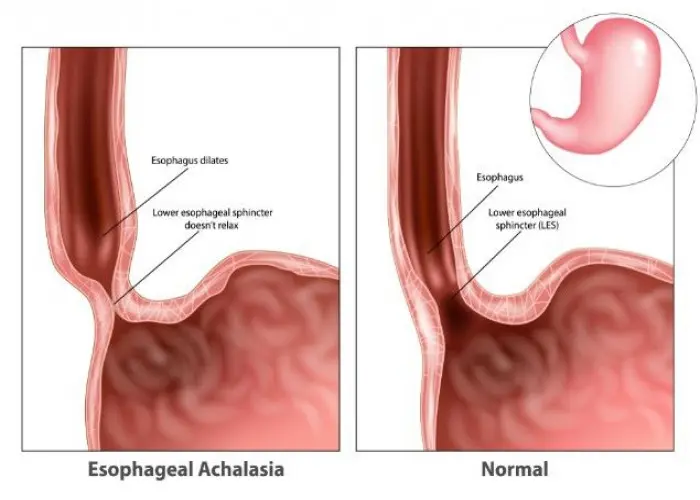
Esophagitis

Peptic ulcer
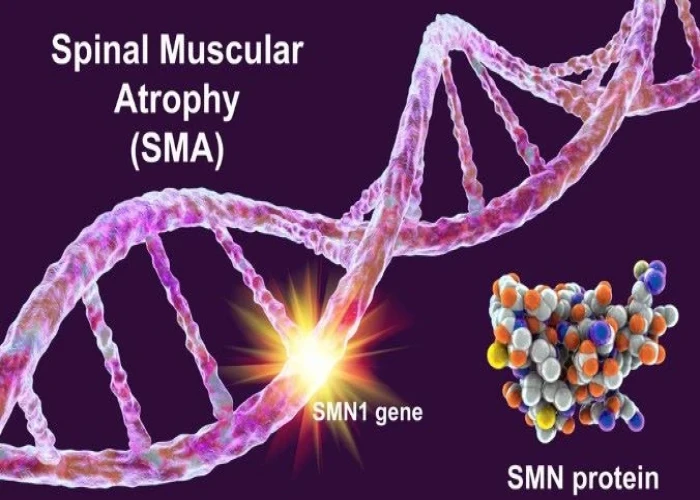
Multiple system atrophy (MSA)

Dementia
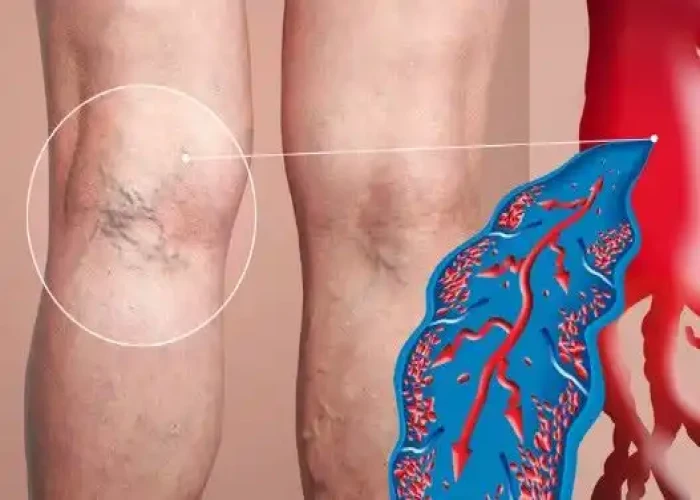
Varicose veins
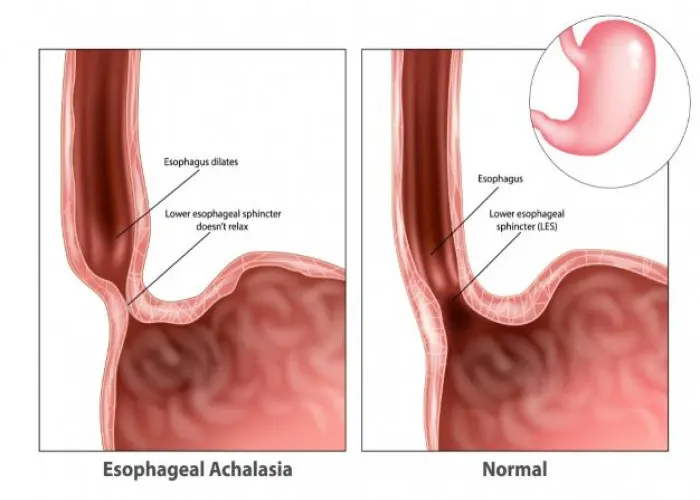
Achalasia
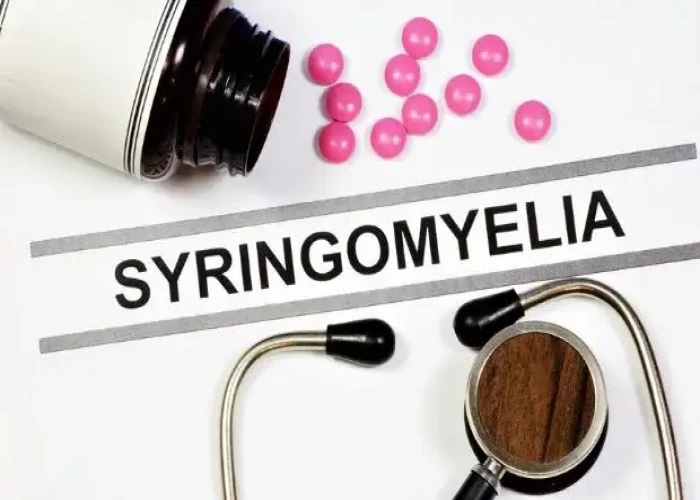
Syphilis
zollinger-ellison syndrome, জোলিঙ্গার-এলিসন সিনড্রোম
To be happy, beautiful, healthy, wealthy, hale and long-lived stay with DM3S.
